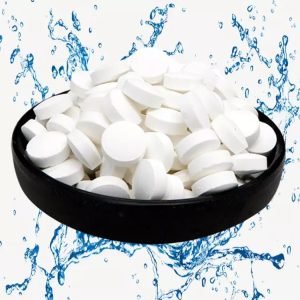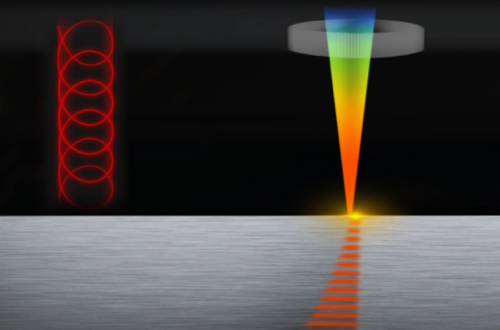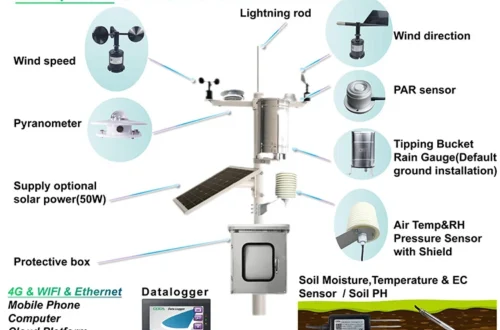Mass Spectrometry-Ready Peptides for Proteomic Analysis
# Mass Spectrometry-Ready Peptides for Proteomic Analysis
## Introduction to Mass Spectrometry-Ready Peptides
Keyword: Mass spectrometry-ready peptides
Mass spectrometry-ready peptides are essential components in modern proteomic research. These peptides are specifically designed and prepared for optimal performance in mass spectrometry (MS) analysis, enabling researchers to identify and quantify proteins with high accuracy and sensitivity.
## Key Characteristics of MS-Ready Peptides
### High Purity Standards
Mass spectrometry-ready peptides undergo rigorous purification processes to ensure minimal contamination from salts, detergents, or other impurities that could interfere with MS analysis. Typical purity levels exceed 95%, often verified by HPLC analysis.
### Stable Isotope Labeling Options
Many MS-ready peptides are available with stable isotope labels (such as 13C or 15N) for quantitative proteomics applications. These labeled peptides serve as internal standards in targeted proteomics workflows like SRM/MRM.
### Optimized Solubility
These peptides are formulated in MS-compatible buffers that maintain solubility while avoiding interference with ionization processes. Common solvents include water, acetonitrile, or trifluoroacetic acid solutions at appropriate concentrations.
## Applications in Proteomic Research
### Protein Identification
MS-ready peptides are fundamental for bottom-up proteomics approaches where proteins are digested into peptides before MS analysis. These peptides generate high-quality spectra for database searching and protein identification.
### Quantitative Proteomics
In techniques like SILAC, iTRAQ, or TMT, mass spectrometry-ready peptides enable accurate relative or absolute quantification of protein expression across different biological conditions.
### Biomarker Discovery
The consistency and reliability of MS-ready peptides make them invaluable for biomarker discovery studies, where reproducible results across multiple experiments are crucial.
## Preparation and Handling Considerations
### Storage Conditions
Proper storage is critical for maintaining peptide integrity:
– Store lyophilized peptides at -20°C or below
– Reconstituted peptides should be aliquoted and stored at -80°C
– Avoid repeated freeze-thaw cycles
### Sample Preparation
For optimal MS performance:
– Use MS-grade solvents for reconstitution
– Avoid excessive salt concentrations
– Consider desalting steps if necessary
– Optimize peptide concentration for your specific MS instrument
## Future Developments
The field of mass spectrometry-ready peptides continues to evolve with:
– Improved synthesis techniques for longer peptides
– Enhanced labeling strategies for multiplexed experiments
– Development of more stable peptide standards
– Integration with automated sample preparation systems
As proteomic technologies advance, the demand for high-quality, mass spectrometry-ready peptides will only increase, driving further innovation in this critical area of life science research.


